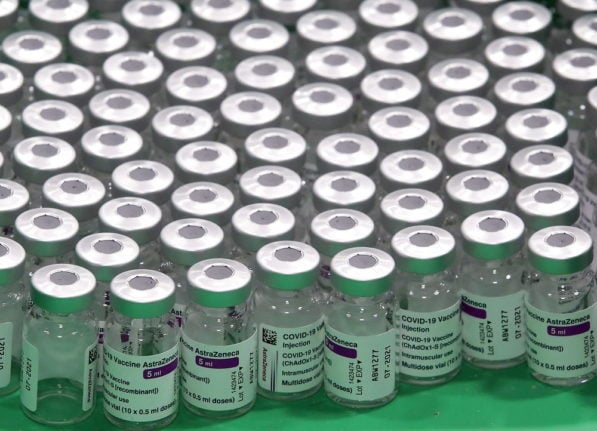The number was confirmed in a Danish Medicines Agency statement on Thursday.
The agency stressed that it has not yet established a connection between the vaccine and blood clots.
“The Danish Medicines Agency is processing 10 reports filed in which blood clots or symptoms of blood clots occurring after vaccination are described in the reports,” the agency wrote in the statement.
“It cannot be concluded at the current time whether there may be a connection with the vaccine, because the cases have not been fully processed,” it added.
A total of 140,000 people in Denmark have received at least one dose of the AstraZeneca vaccine.
One person in Denmark, a 60-year-old woman has been reported to have died after receiving the vaccine. The woman was reported to have had an unusual medical history with a low number of platelets, blood clots in large and small blood vessels and bleedings.
It is not known whether her death is connected to the vaccine.
Other countries in Europe, including Denmark’s neighbour Norway, have also reported deaths in people who have recently received the AstraZeneca vaccine.
A group of medical experts at Oslo University Hospital said on Thursday that blood clots in three health workers who took the AstraZeneca vaccine were triggered by an immune system response.
The European Medicines Agency concluded on Thursday that the AstraZeneca vaccine was a “safe and effective” tool in the battle against Covid-19 but its investigation could not rule out whether the jab had caused rare cases of blood clotting.



 Please whitelist us to continue reading.
Please whitelist us to continue reading.
Member comments